Publications
Articles, publications, books, tools and multimedia features from the U.S. Institute of Peace provide the latest news, analysis, research findings, practitioner guides and reports, all related to the conflict zones and issues that are at the center of the Institute’s work to prevent and reduce violent conflict.
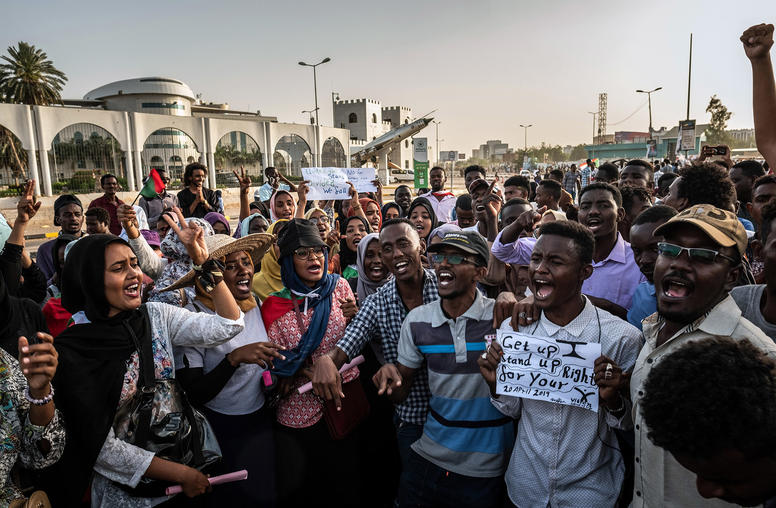
Five Key Considerations To Make the U.S. Global Fragility Strategy Work
Even as the public debate over the U.S. military withdrawal from Afghanistan continues, the State Department and USAID are quietly putting plans in place to test a new approach to con-flicts overseas. Drawing on the hard-earned lessons from Afghanistan and Iraq over the past two decades, this approach would have the United States rely far less on military power and far more on sustained — but much less costly — diplomacy and closely coordinated development investments. If fully implemented, consistent with the recently enacted Global Fragility Act, this new effort promises to help stabilize countries in their recovery from COVID-19 and the knock-on shocks to their economies.
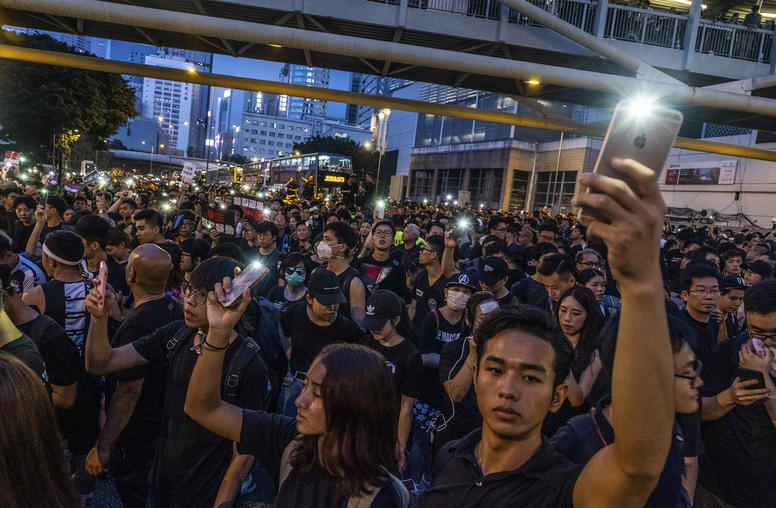
Autoritarismo digital y acción no violenta: Desafiando la contrarrevolución digital
Las campañas de acción no violenta son una de las maneras más comunes en la que los ciudadanos buscan cambiar de forma pacífica los sistemas políticos indiferentes. Sin embargo, las tecnologías recién desarrolladas y emergentes están transformando la naturaleza de las interacciones entre los activistas y los Gobiernos autoritarios. En este informe, se analiza el conjunto cada vez más sofisticado de herramientas, como el reconocimiento facial y la vigilancia de las plataformas de redes sociales, que los regímenes autoritarios utilizan para reprimir los movimientos no violentos, y se ofrecen recomendaciones sobre cómo los formuladores de políticas y activistas pueden desarrollar estrategias creativas para derrotar al autoritarismo digital.

Digital Authoritarianism and Nonviolent Action: Challenging the Digital Counterrevolution
Nonviolent action campaigns are one of the most common ways citizens seek to peacefully change nonresponsive political systems. Yet recently developed and emergent technologies are transforming the nature of interactions between activists and authoritarian governments. This report examines the increasingly sophisticated set of tools—such as facial recognition and surveillance of social media platforms—authoritarian regimes are using to stifle nonviolent movements, and provides recommendations for how policymakers and activists can develop creative strategies for overcoming digital authoritarianism.
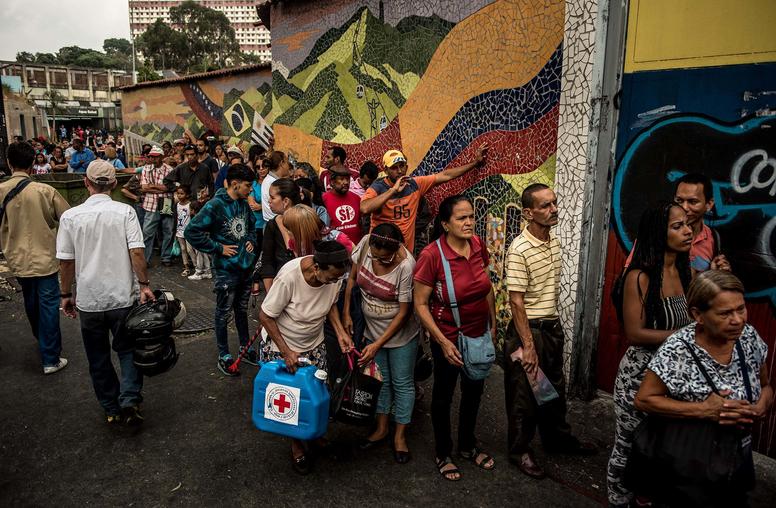
Could China Play a Role in Venezuela’s Crisis?
Few countries can rival the creditor-lender relationship between China and Venezuela on pure volume. China has loaned more money to Venezuela — some $60 billion — than to any other country in the world and is Venezuela’s largest lender by far. But as Venezuela descends further into uncertainty amid a host of economic, political and social crises, Beijing has remained mostly silent regarding the domestic political struggles of one its largest trading partners in Latin America.
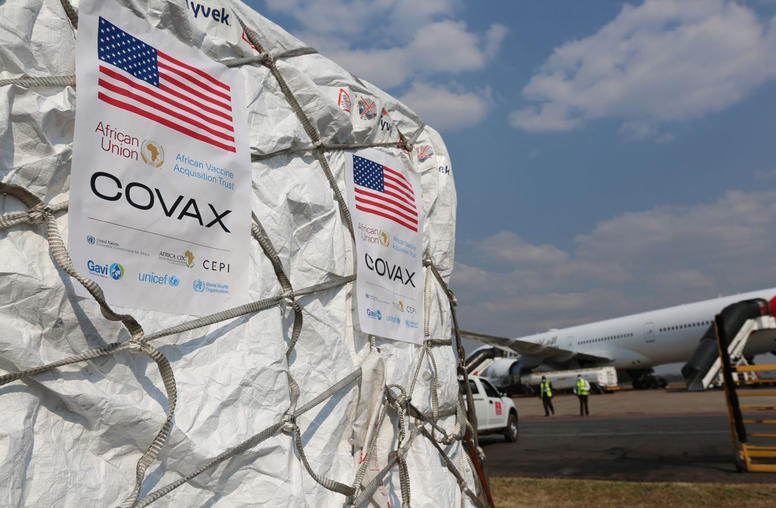
African Union Chair Tshisekedi, Rep. Bass Discuss Effective U.S.-Africa Engagement
Despite the many challenges facing the continent, “Africa is not … defined by poverty, misery and violence,” said Félix Tshisekedi, the chairperson of the African Union (AU). “Our continent is also defined by opportunities.”

People to People: Examining Grassroots Peacebuilding Efforts Between Israelis and Palestinians
Lucy Kurtzer-Ellenbogen, director of the Israeli-Palestinian conflict program, testified on July 21, 2021 at the House Foreign Affairs Subcommittee on the Middle East, North Africa, and Global Counterterrorism's hearing on "People to People: Examining Grassroots Peacebuilding Efforts Between Israelis and Palestinians." Her expert testimony as prepared is presented below.
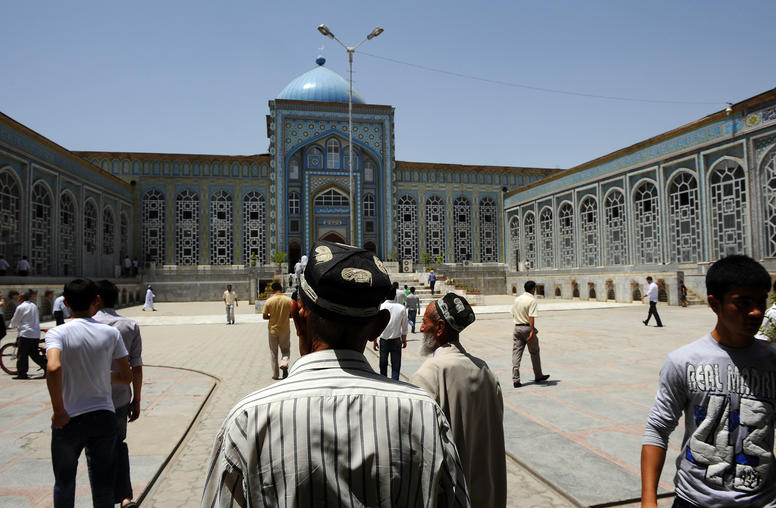
Processes of Reintegrating Central Asian Returnees from Syria and Iraq
In the wake of the loss of the Islamic State’s territorial holdings, the return of foreign fighters and their families to their home countries is a top international concern. Among the short list of governments that have initiated repatriation programs, the Central Asian republics of Kazakhstan, Tajikistan, and Uzbekistan stand out. This report examines the different approaches the three countries have taken and draws important lessons for other nations considering their own repatriation and reintegration programs.

Joseph Sany on the Turmoil in Ethiopia and China’s Role in Africa
As China steps up its engagement in Africa amid lagging vaccination rates and tensions in Ethiopia, USIP’s Joseph Sany says U.S. policy must avoid a narrow, competitive mindset: “[China] is doing what a major superpower does … [the United States] must address African interests, not impose American interests.”
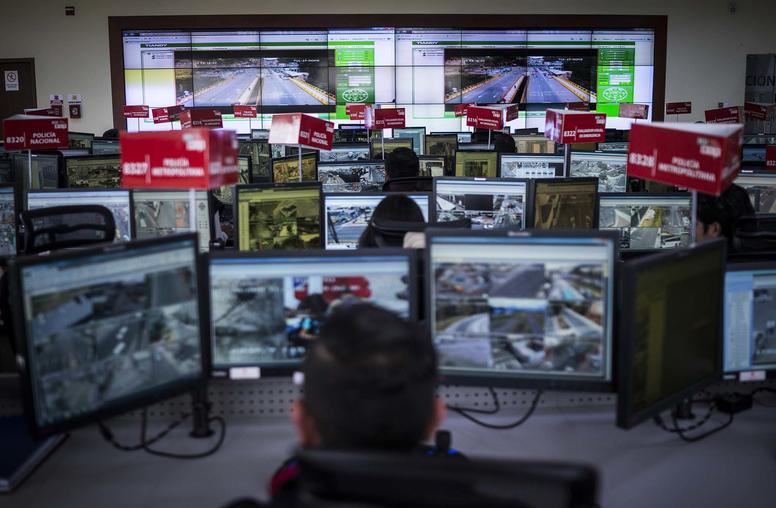
Digital Technology’s Evolving Role in Politics, Protest and Repression
The rapid adoption of digital technologies has fundamentally changed global politics. During the Arab uprisings, experts heralded digital technologies as powerful tools for social change and liberation. A decade later — with global democracy in retreat — the script has flipped and authoritarian governments are on the offensive in deploying digital tools to monitor, track and control their citizens. Indeed, the rapid emergence of these tools has ushered in a new era of political repression, says Steven Feldstein, the author of “The Rise of Digital Repression: How Technology is Reshaping Power, Politics, and Resistance.” He explains how digital repression works, China’s role in exporting such technologies and the broader implications for global conflict and democracy.
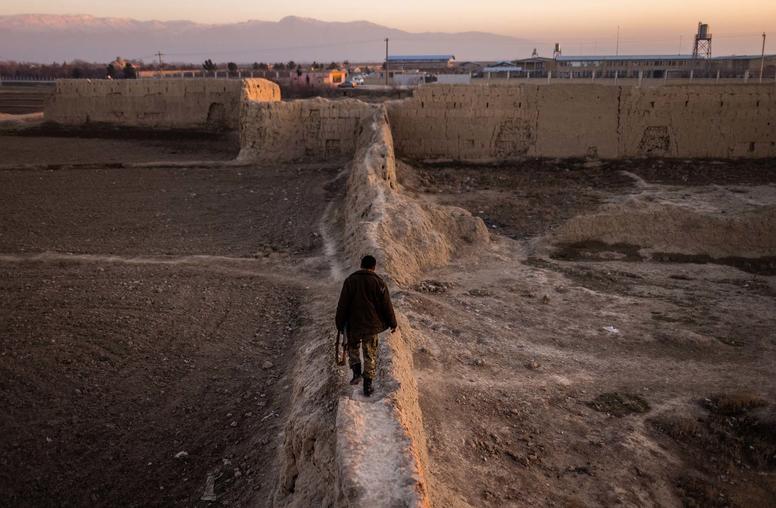
Central Asia Prepares for Taliban Takeover
Last week’s conference in Tashkent, Uzbekistan was originally supposed to focus on regional connectivity in South and Central Asia. But the Taliban’s surge in recent weeks consumed the regional conference and has many in the region wary of what’s next. As U.S. and NATO forces draw down their military presence in Afghanistan, the country’s northern neighbors have witnessed Taliban fighters swiftly overrun most of the rural parts of northern Afghanistan, establishing control over nearly all of the 1,500-mile border between Afghanistan and Turkmenistan, Uzbekistan and Tajikistan. By all indications, Central Asian states are preparing for a new reality in Afghanistan, one where the Taliban control most, if not all, of the country.